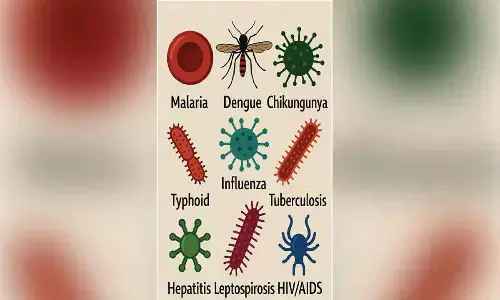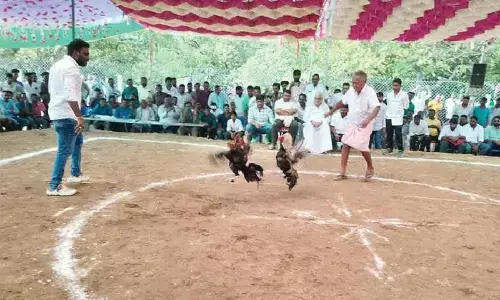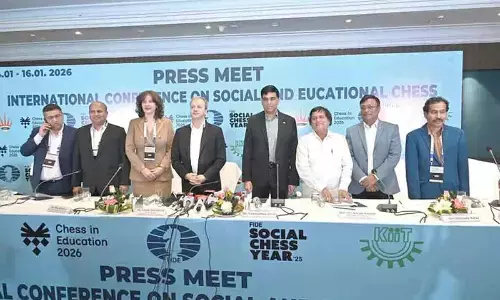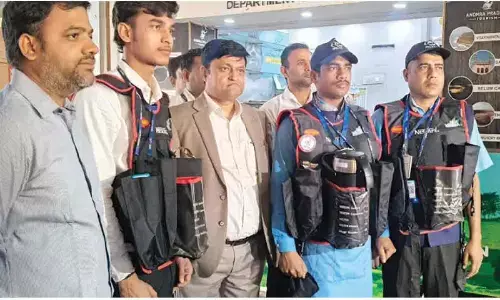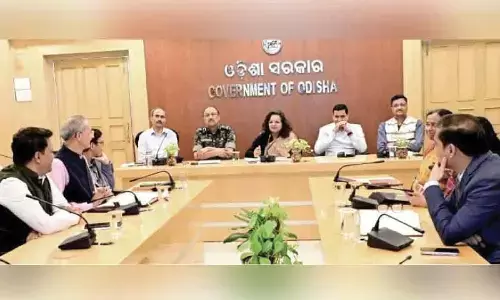Why Indo-Pak ties must get a second chance

Why Indo-Pak ties must get a second chance. Will the remote Russian city of Ufa be the backdrop for a India-Pakistan thaw on Friday? The two South Asian neighbours are going through a rough patch in relations, after an initial burst of hope when Prime Minister Narendra Modi invited Pakistan\'s Nawaz Sharif to his swearing-in last year.
Peace dividends can be significant. According to a study done by the Indian Council for Research in Economic Relations, India-Pakistan trade figures can jump from the current meagre $2.5 billion to an astonishing $ 25 billion in just over a year
Will the remote Russian city of Ufa be the backdrop for a India-Pakistan thaw on Friday? The two South Asian neighbours are going through a rough patch in relations, after an initial burst of hope when Prime Minister Narendra Modi invited Pakistan's Nawaz Sharif to his swearing-in last year.

The buzz at that time was that a hardline BJP government in Delhi is best placed to break the historical deadlock. Since then relations between South Asia's nuclear neighbours have gone steadily downhill. Narendra Modi and Nawaz Sharif will both be in Ufa, where they are attending the Shanghai Cooperation Organisation (SCO) meeting.
Significantly, regional rivals India and Pakistan are expected to be inducted as members of the high-powered SCO where Russia and China call the shots. The process to induct the two South Asian powers will be initiated in Ufa but they will formally enter the club in 2016.
For the first time, the two countries will be members of a security, economic and political grouping, meant at heart to rival the NATO, though it remains a fledging grouping and not a patch on the well-oiled NATO defence pact led by the US and its allies.
Yes, Prime Minister Modi and Nawaz Sharif will greet each other, pose for photographs and meet, but will there be something more than that? A meeting between them is expected. Modi set the tone by calling Sharif at the start of Ramzan. Knowing Modi's talent for out-of-the-box thinking, he may spring a surprise.
But Indian and Pakistan officials admit that a bilateral is scripted much before leaders interact and that groundwork had not been done. Modi's talks with Sharif will be the litmus test and many are hoping that the interaction will provide the key to future talks.
In the last one year, Narendra Modi's strong point has been his foreign policy. Admirers and critics admit his energy has impacted foreign relations, whether with Bangladesh, Nepal, China, the US or India's ocean neighbours. His weak spot has been Pakistan. He has been blowing hot and cold a sure sign of a confused policy.
Not talking is not an answer. "It is necessary for leaders of India and Pakistan to have a conversation. Dialogue has to continue. It is also right that India expects certain conditions to be respected," said former foreign secretary Lalit Mansingh. Modi will certainly raise the issue of justice for the victims of the 9/11 attacks especially the bail given to mastermind Zakiur Rahman Lakhvi.
Modi has raised the issue with Xi Jinping in his meeting with the Chinese president. Beijing has bailed out Pakistan by blocking India's move to get the UN Human Rights Council question Islamabad. "No breakthrough is expected, but it will be a good start to begin a conversation with Nawaz Sharif," ambassador Mansingh added…
National security advisor, Ajit Doval is said to favour a tough proactive stand on terror. As a former Intelligence Bureau chief, he is one who believes in preventive action. But this is easier said than done, when both countries have nuclear weapons.
There is loose talk in Pakistan from certain elements about using the nuclear option against India if necessary. All this makes South Asia a dangerous place, one where the former US President Bill Clinton dubbed as the most likely region where a nuclear flashpoint can take place...
But two nuclear armed neighbours cannot afford to continue like this. Peace dividends can be significant. According to a study done by the Indian Council for Research in Economic Relations, India-Pakistan trade figures can jump from the current meagre $2.5 billion to an astonishing $ 25 billion in just over a year.
The most compelling for peace is spelled out by Karamat Ali, a prominent labour leader from Pakistan, who is also one of the founders of the Pakistan India People's Forum for Peace and Democracy: "If leaders of India and Pakistan are concerned about the ordinary people of the subcontinent, they need to change their mindset.
We are around 21-22 per cent of the world population. More than 60 per cent of our people are poor, 64 per cent live in the most unhygienic conditions, we have the largest number of child labour in the world, are we not ashamed of this? It is time people gave up militarisation and nuclear-isation of the subcontinent and concentrated on the people's future."
By Seema Guha









